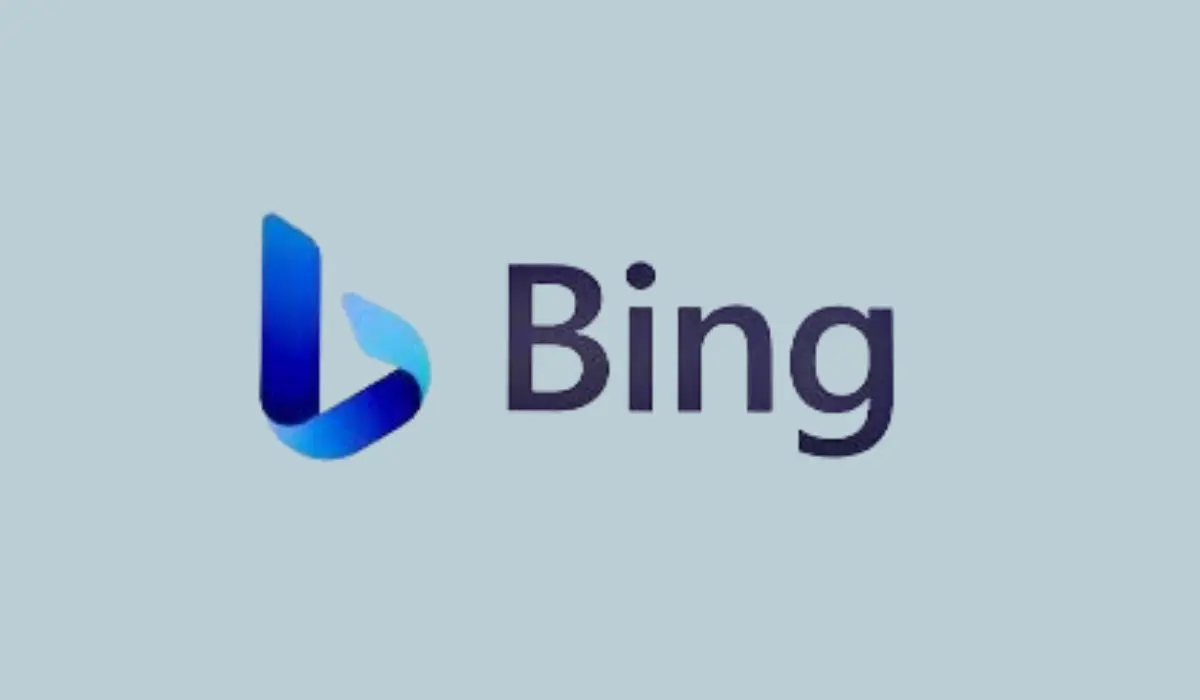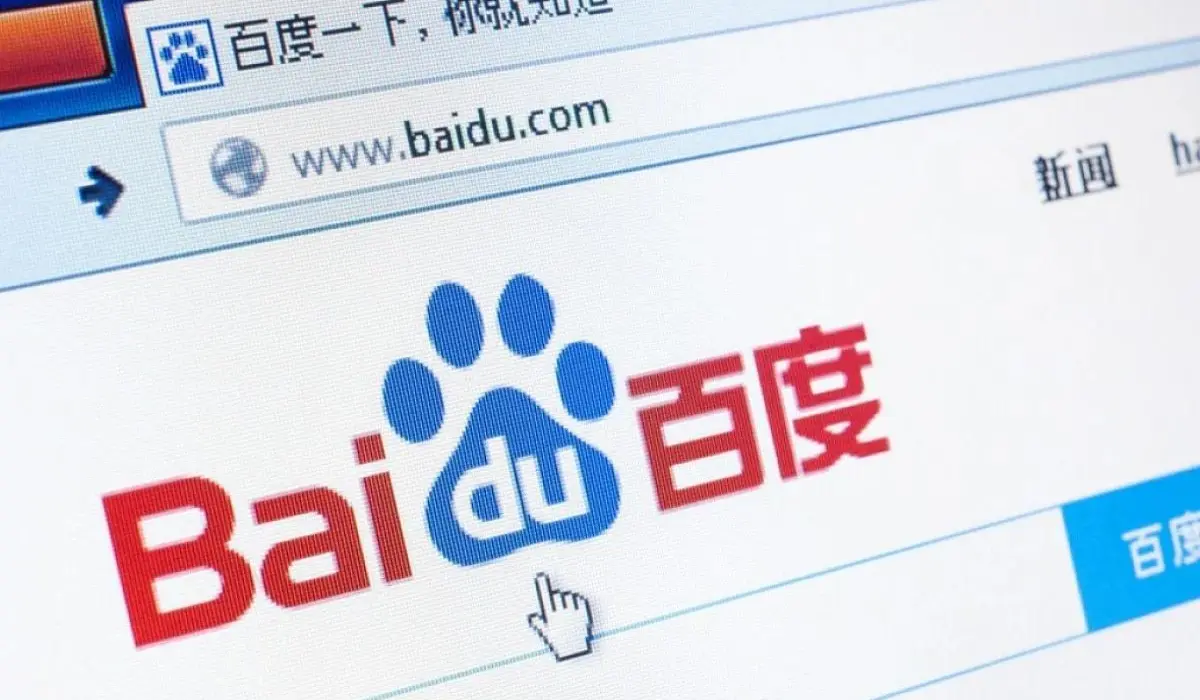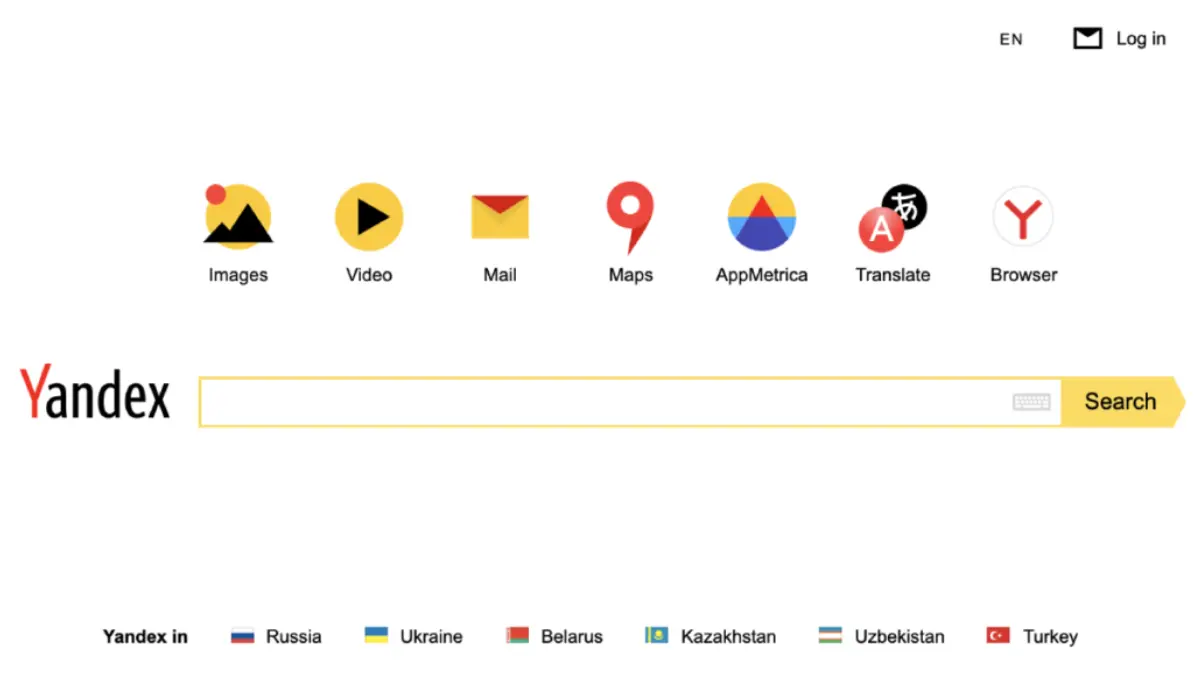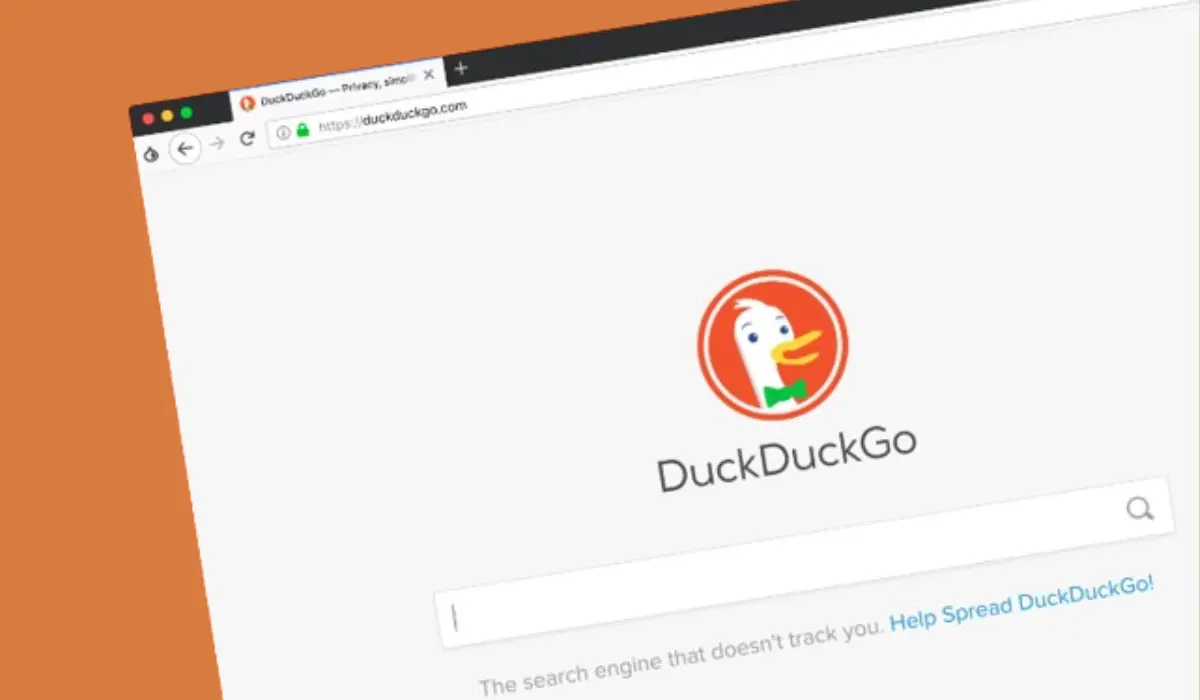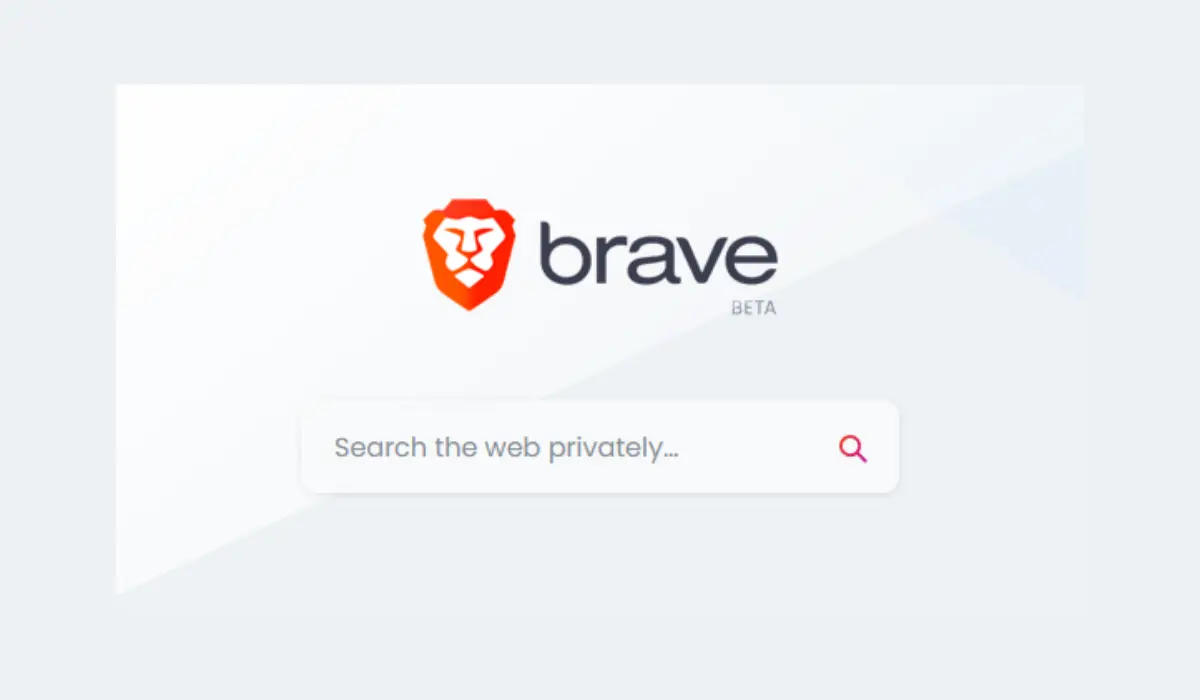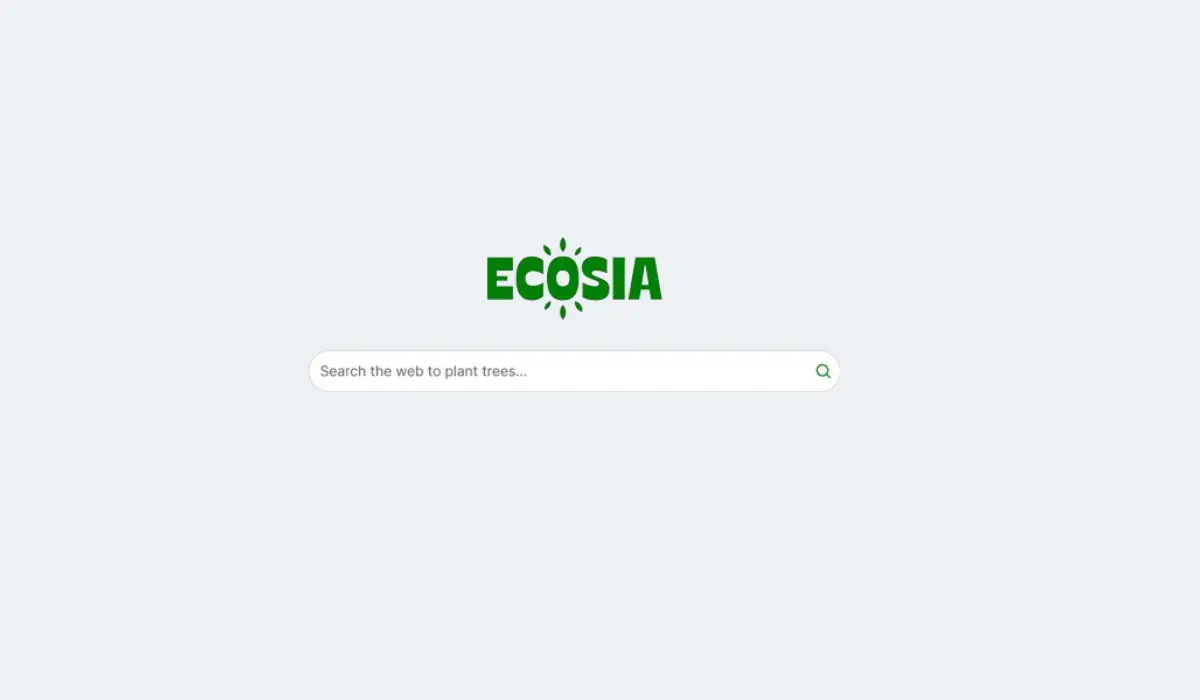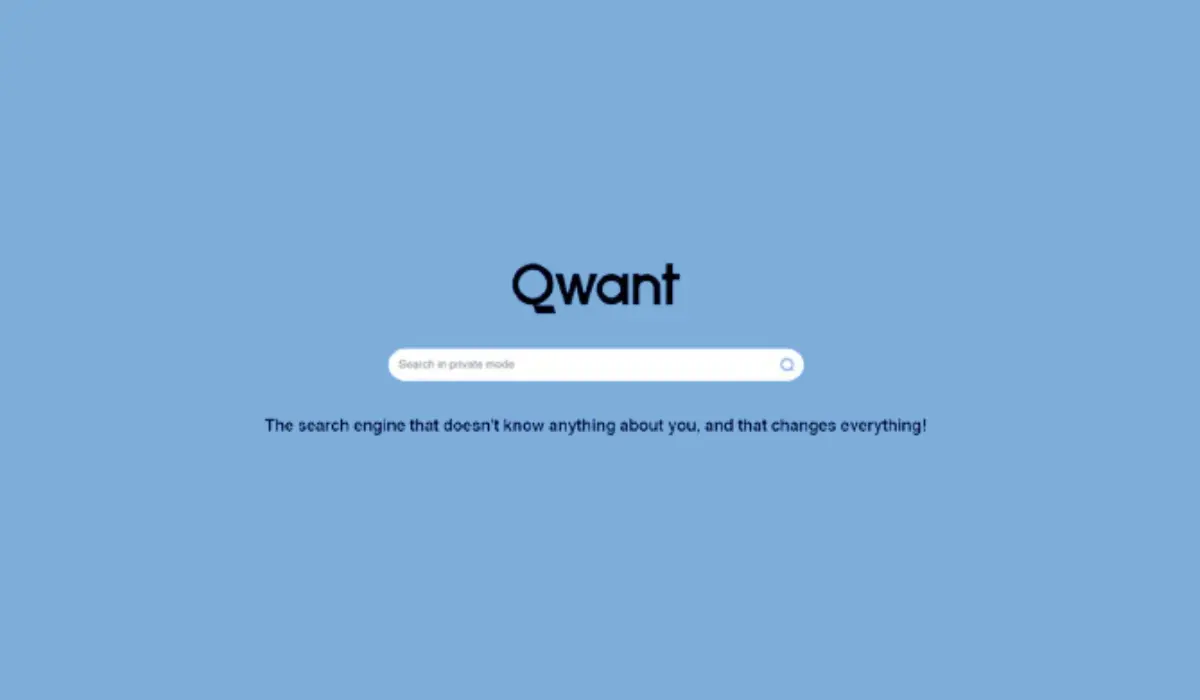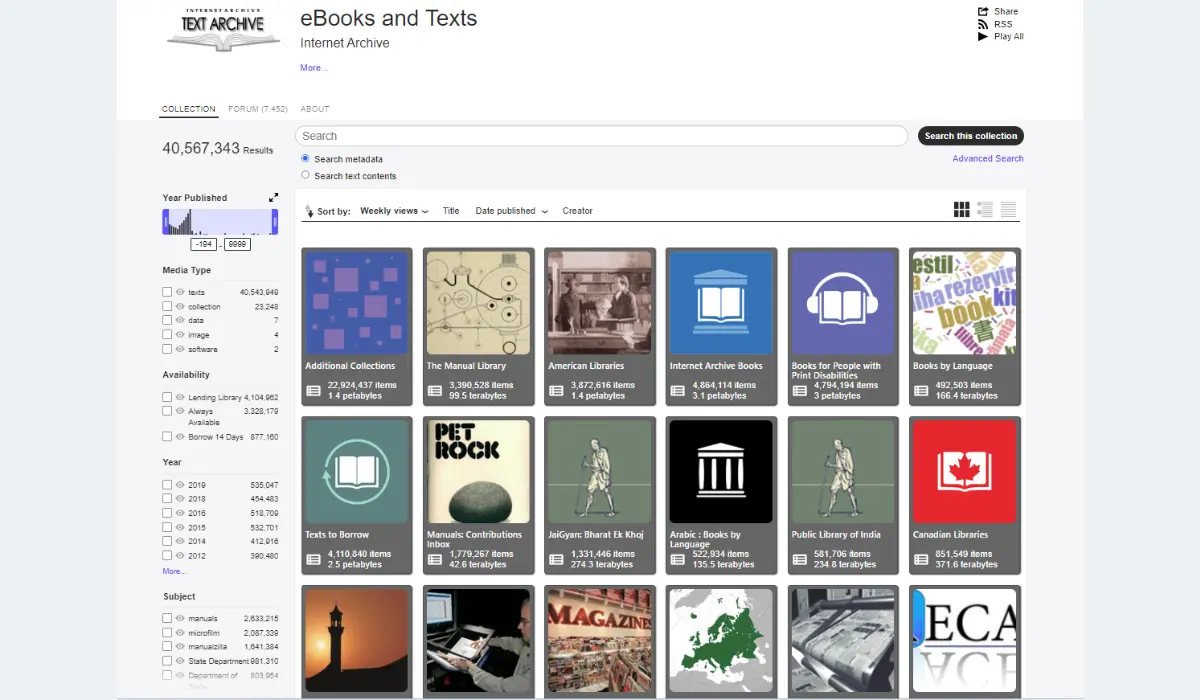Technology has advanced so much that search engines have become an indispensable tool to navigate through the vast areas of information on the internet. From surfing through the latest trends and news to researching, these tools have restructured the way we access and consume information.
Through intricate algorithms and data structures, they engage in thorough analysis resulting in the ranking of websites, enabling the users to get their hands on the significant information.
The quick efficient way of getting information has had a remarkable impact on the pace of life. The progression has not only enhanced the way we live but also the quality of our overall life. Over the years, search engines have evolved from simple search tools to sophisticated platforms with the utilization of newer innovations such as artificial intelligence.
The quest for delivering accurate in-depth information concerning time among search engine companies has led to a revolution within the industry. With growing data of information, search engines have become increasingly important to navigate the digital landscape.
Today a vast variety of search engines are available which can be chosen accordingly. With the countless search engines available, do you want to know which ones are loved by the most? If so, let’s delve into the top 15 best search engines of 2024.
1. Google
There is no further introduction needed. Google, holding first place in the search engine territory has been able to make its name a part of our vocabulary. Its ability to provide the most relevant results by actively removing spam can be considered one of the factors behind its huge popularity.
First launched in 1998, about 25 years ago to be precise, it has quickly become the top search engine with almost 92.04% of market share as of September 2021. Recently, Google has come up with newer innovations such as Google Lens which can be indeed considered a level up.
2. Bing
With a rough 5% market share, Microsoft’s Bing stands second on the list. From site searches to image video and even map surfing, Bing provides service in a vast majority of areas. To maintain its position as a strong opponent to Google, the search engine is designed using advanced machine learning techniques and algorithms that analyze and rank web pages, which in return provides high-quality verified information to its users.
However, even after being the default search engine on Windows PCs, Bing has never been able to convince users that it’s as reliable or more than reliable than Google.
3. Yahoo
With around 3% market share, the subsidiary of Verizon Media has been able to hold the third place just below Bing. Yahoo search was launched in January 1994 even before Google and was one of the most popular search engines from 1998 to 2002.
Unlike other search engines, Yahoo took a different approach to collaborate with its competitor Microsoft’s Bing and was able to provide extensive services- be it emailing online shopping, or even gaming. Though Google dominates the industry, Yahoo is nothing less as it also focuses much on user experiences without compromising searching capabilities.
4. Baidu
Baidu can be considered as a Chinese search engine app, due to its majority Chinese user base. Baidu has a global market share of around 0.68% to 11.26%. With features similar to Google, Baidu has been referred to as “the Google of China”.
What differentiates Baidu from Google is the cultural appropriation and Chinese language inclusivity Baidu offers. Focusing on the Chinese market and its large population, Baidu has held its position since its launch in 2000.
Additionally, Baidu has launched additional service apps like Baidu Maps and Bidu Baike (Baidu version of Wikipedia) Baidu is here to stay.
5. Yandex
With around 65% of the market share, the Russian native search engine ranks fifth worldwide. Although Yandex primarily focuses on Russia, services are also provided in countries like Ukraine, Kazakhstan, and Turkey.
With its Russian localized features and services, Yandex has captured around 0.5% to 1.16% in the global market and a 65% share in Russia as well. Other services offered include Yandex Maps, Yandex Mail, Yandex Disk, Yandex Translate, and Yandex Disk. additionally, an English version of the same can be accessed at Yandex.com.
6. DuckDuckGo
DuckDuckGo has always given importance to privacy and security. The search engine does not track all your moves or record them. Alongside prioritizing user anonymity and data protection, it comes with a minimalistic user interface with fewer ads as well.
Although the search engine has been able to have around 3 billion searches every day, it only has a global market share of less than 0.6%.
With the above-stated fact, we should take into consideration, that Google with the highest position worldwide has only 3.5 billion searches a day, that is, just 0.5 billion more than DuckDuckGo.
One of the biggest limitations of the search engine is not having a search index of its own, unlike its competitors, resulting in an external influence in the algorithm that determines the best possible search results. However, the clean interference provided can be used to negate this limitation.
7. Ask.com
With approximately 0.42% of global market share, Ask.com bags 7th position on the list. The search engine formerly called Ask Jeeves, is a question-answer format, which works by the users answering most of the questions or polls undertaken by them.
Users were able to ask questions in their natural language instead of keyword assistance which can be considered one of the factors that gained its popularity. Speaking of limitations, the lack of quality of the general search results compared to its competitors had an impact.
8. WolframAlpha
Unlike its competitors, WolframAlpha offers expert-sourced information greatly helpful in academic and scientific studies. Wolfram’s algorithm is designed using a knowledge base and AI with the support of externally sourced data as well to provide authentic expert answers for its users.
This computational knowledge engine is ideal for students and researchers mostly. Additionally, the search engine is capable enough to do all kinds of calculations including even your loan amount. Also, which started as just a question-answer forum, has over the years added many features such as image search news search, etc.
9. Startpage
Launched in 1998 with its headquarters in the Netherlands, Startpage plays an intermediary role between Google and the user, ensuring that the user remains anonymous with nothing related to their IP address being stored or tracked.
Advertised as the most private search engine, Startpage prioritizes user anonymity similar to DuckDuckGo. The search engine works by having no tracks of the user data which enables the users with private and secure searches. Customizable features including night mode create an even more friendlier atmosphere for its users.
The search engine protects user privacy by the termination of all trackers from their browsers. Additional features include filters for choosing country, region, etc according to your preference even without logging in.
10. Naver
With its debut in 1999 in South Korea, Naver the search engine has held its top position in the country all along.
The Internet and search engine company founded by Lee Hae Jin is the first in the world to introduce a feature where a compilation of search results in different categories is presented on a single web page. It found its way by concentrating on providing Korean language and culture-inclusive results resulting in its domination in the South Korean landscape.
11. Brave
Again comes another privacy-prioritizing search engine into the list. By running on an independent index, Brave Search ultimately focuses on user privacy and security. Data breach is something that requires caution and is dangerous yet very common.
This is where the search engine gains its importance. Unlike other major search engines, Brave Search confidently states that they are not involved in the selling of data or any user information for any kind of profit in return. Again it does not track nor store data ensuring user anonymity and privacy.
12. Ecosia
Different from all the search engines, the idea behind launching Ecosia was to finance planting trees and other restoration projects. Around 80% of the generated revenues are used to fund charitable causes with almost all of the revenue being generated from advertisement clicks.
The search engine is partnered with Bing, and it is estimated that it takes about 45 searches for a tree to be planted. Ecosia, also called a “tree planting search engine” has roughly 0.10% of the global market share.
By using Ecosia, not only do you get information but also can contribute to a global cause. Talking numbers, with 20 million users and a revenue of $4 million per month, the search engine has been able to plant about 180 million trees.
13. Qwant
The French search engine Qwant was launched in February 2013. The search engine available on both Android and IOS, claims that they don’t track nor store user data or engage in data breaching activities.
Although in the thirteenth position, Qwant secures second position when ranked search engines based on the privacy provided. Delving into the key features, the search engine is designed to provide three sections, which include online, news, and social. An AI-integrated music section is also provided as well.
14. AOL
Established in 1985, AOL has played an integral role in shaping the early internet landscape. With its primary focus on being an Internet Service Provider (IST) and email services, the search engine has spread into the world of information, news images, entertainment, and so on.
Looking into numbers, AOL constitutes nearly 0.05% shares of the overall global market. With the advent of Google and Bing, AOL faced a dominant decline in its popularity.
In 2015 June, the search engine was acquired by Verizon Communications the parent company of Yahoo, and later in May 2021, AOL was sold to Apollo Global Management, making it a part of Yahoo.
15. Internet Archive
The American nonprofit digital library, Internet Archive was founded on May 10, 1996. With roughly 845B websites, 11M movies, 39M books along with other resources, the Internet Archive remains strong to date. WayBackMachine is a feature provided by the archive.
The feature enables you to visualize how websites looked since 1996. Not only does it take you into the history of domains, but also helps you navigate through it. With its strong foundation of over 1 million software programs, 11 million videos, 39 billion books, 845 billion websites, and much more, the search engine always made sure that it followed the motto “universal access to all knowledge”.


